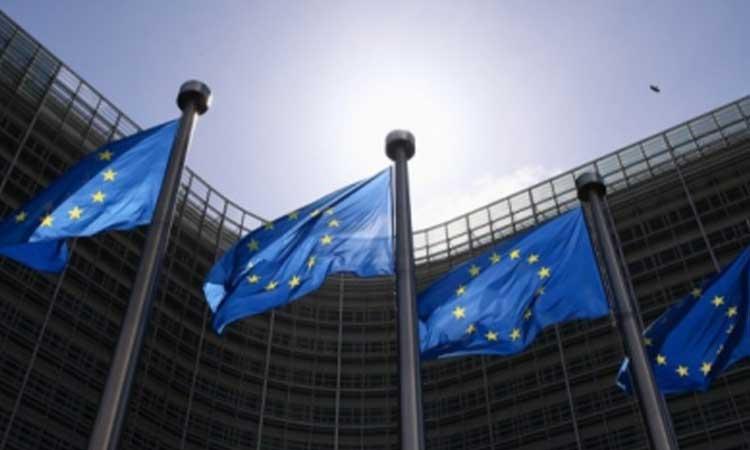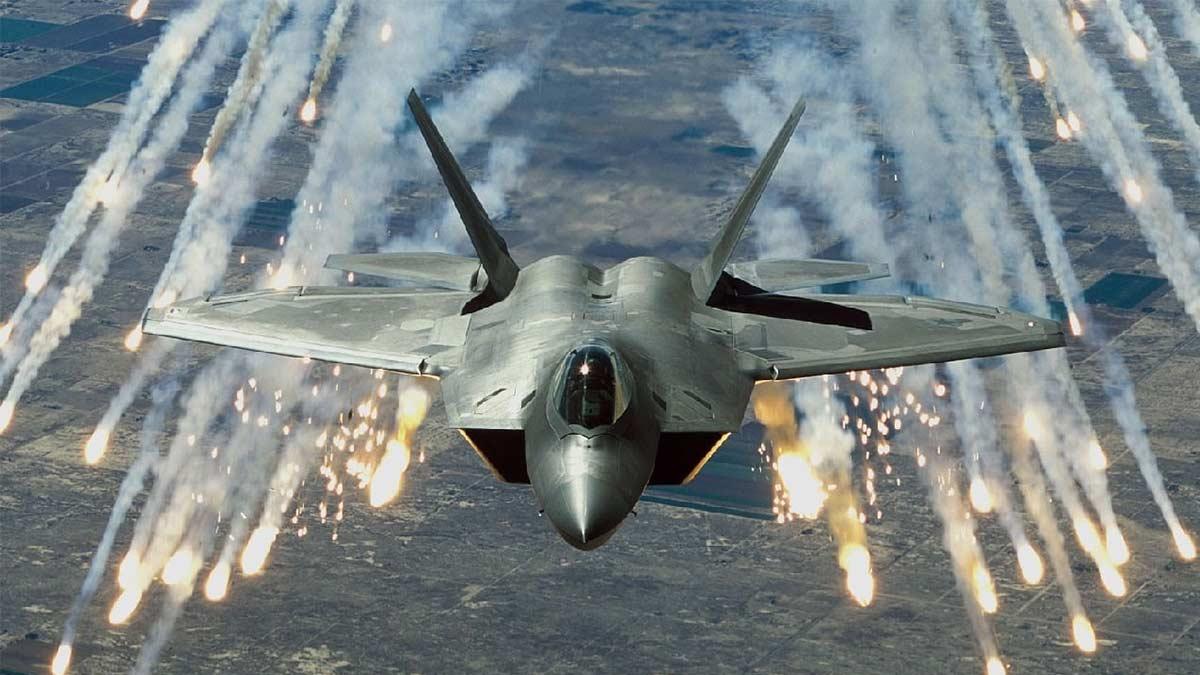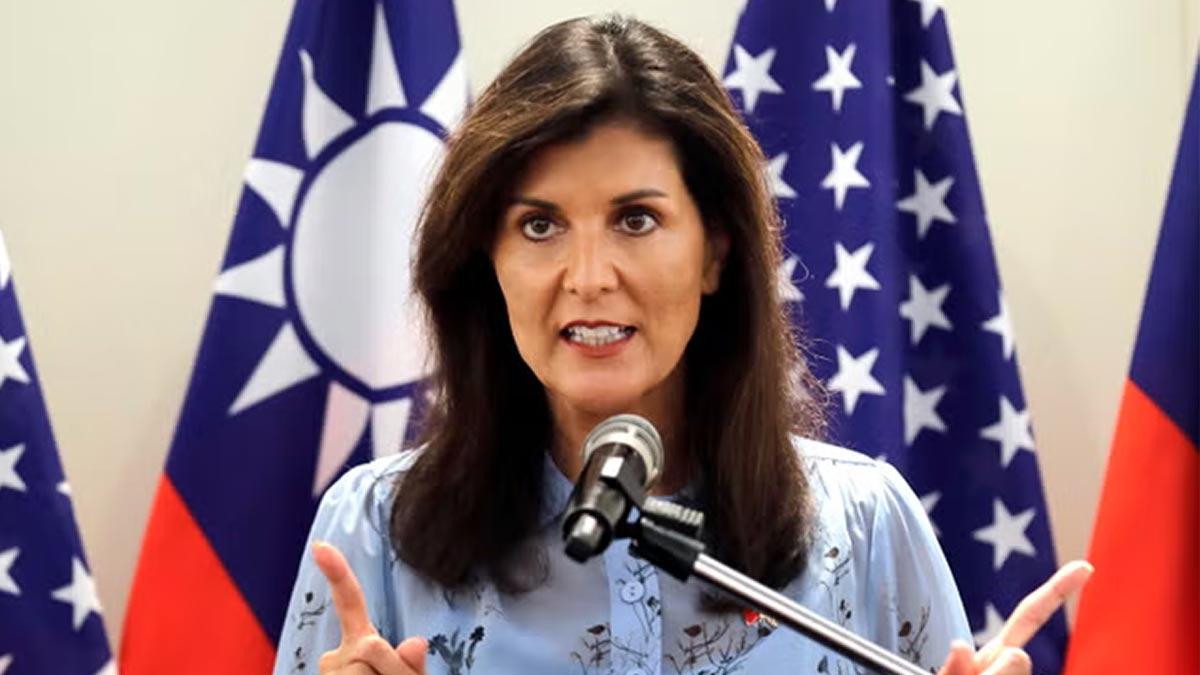Starting from Thursday, European Union (EU) member states are no longer allowed to import coal from Russia after the transitional period for the bloc's embargo ended at midnight.
The embargo was part of the fifth sanctions package agreed by the EU in April and will be in full force from Thursday onwards, reports dpa news agency.
EU countries had agreed on a transitional period of 120 days to give the industry time to adapt to the import ban.
The aim is to weaken the Russian economy amid its invasion of Ukraine.
Also read | Ashraf Ghani blames US, others for Taliban's takeover of Afghanistan
The European Commission said in April the coal embargo could cost Russia some 8 billion euros ($8.25 billion) annually.
Germany's coal importers' association VDKi does not expect supply bottlenecks in Europe despite the ban as coal is available on the world market.
The main suppliers going forward will be the US, South Africa, Australia, Indonesia and Colombia.
The coal embargo marked the EU's first time sanctioning Russian energy supplies.
In a later sanctions package, the bloc agreed to largely ban Russian oil deliveries in order to step up pressure on Moscow.
Also read | UK Foreign Office summons Chinese envoy over 'aggression' against Taiwan
The oil ban is due to come into effect at the end of the year, with exceptions for several countries that are particularly dependent on Russian oil including Hungary, which will be allowed to continue receiving pipeline supplies from Moscow.
However, Russian pipeline operator Transneft said on Tuesday that oil transports from Russia to Hungary, the Czech Republic and Slovakia had been halted.


















